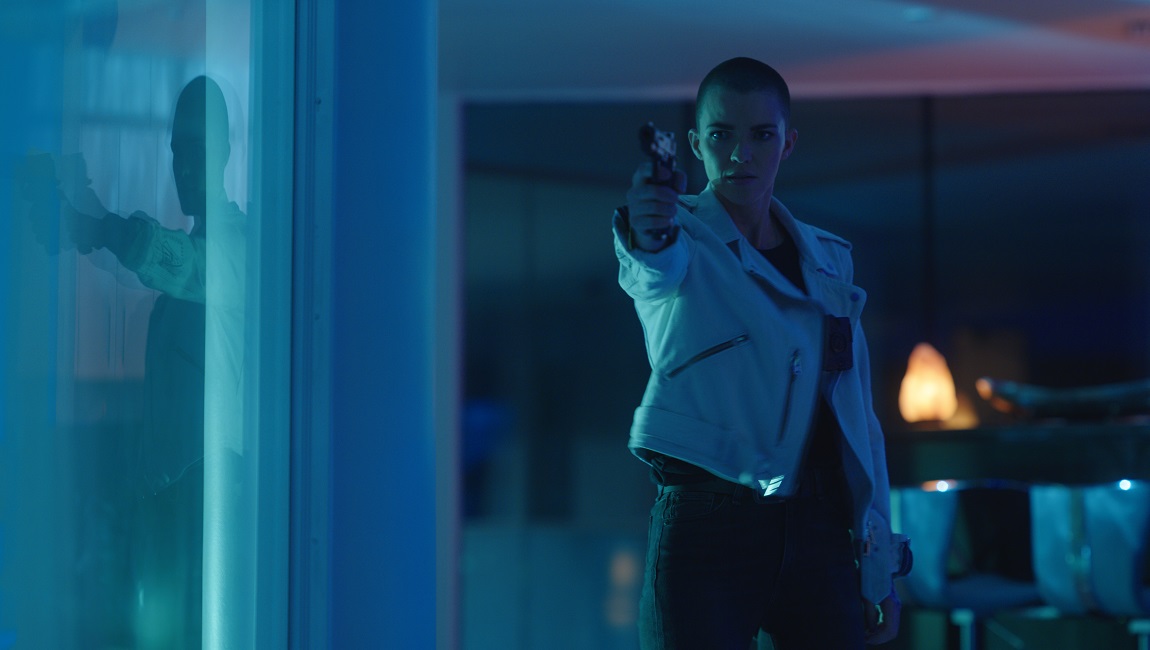Observed through a crystalline lens of deadpan gentility, Whit Stillman’s charming 1990 comedy of manners, Metropolitan, is a timeless tale of a bygone era. Stillman paints a world where teenagers catch trains in tuxedos and opine unironically about the merits of local versus international debutante balls; it takes place on Manhattan’s Upper East Side over the course of a Christmas break “not so long ago,” but easily reads as a dispatch from another century. As in The Great Gatsby, another tale of upper-crust anxiety, our guide is a semi-outsider of dubious background who gets swept into the fray. When Tom Townsend (Edward Clements), a West Sider with divorced parents and a rented tux, finds himself the escort for thoughtful, principled Audrey Rouget (Carolyn Farina) during the winter deb season, he is soon caught up in a torrent of balls and love triangles involving a social circle known as the Sally Fowler Rat Pack. Other members include arch, cynical Nick Smith (a perfectly disdainful Christopher Eigeman), and neurotic intellectual Charlie (Taylor Nichols), who harbors a crush on Audrey.
Stillman’s screenplay, which was nominated for an Academy Award, winkingly skewers its characters while letting their foibles and fancies take center stage. During a series of after-hours house parties (if playing bridge can be considered as such), the group members gossip and philosophize on everything from the flaws of the titled aristocracy to their own precarious social standing as members of an outmoded, old-fashioned breed. Characters perch on settees in ball gowns and banter like practiced adults, going through the motions with a resignation that’s only partially affected. Pervading the frivolity is an uneasy sense of class malaise, at odds with the groups’ otherwise innocuous teenage preoccupations, and is showcased when Charlie unveils the acronym U.H.B. as a fitting moniker for their tenuous place in society and replacement for the much-maligned term “preppie.” As members of the Urban Haute Bourgeoisie, it is their birthright to be privileged but unimpressed, doomed to nothing so simple as failure, just a twilight of perpetual mediocrity. Every deb ball, after-party, and Yale game is an elaborate ploy to avoid the inevitable question, “So, what do you do?” As a stranger in a bar later observes, “That’s the danger of Midtown Manhattan: running across far more successful contemporaries.”
In this sense, Metropolitan is another in a rich lineage of gently amusing, class-conscious morality tales that include not only Fitzgerald, but also Henry James and, of course, Audrey’s beloved Jane Austen. Charlie’s pessimism, Nick’s world-weary irony, and the devil-may-care actions of peripheral characters like Serena Slocum and Rick Von Sloneker all speak to a restless, occasionally volatile energy that engulfs almost everyone in this circle. The only two who seem exempt are Audrey, by virtue of her seriousness, and Tom, thanks to his relative outsider status. It’s not necessarily enough to draw them together, but it’s a reminder that Manhattan — and the world — is so much bigger and more dazzling than the narrow constraints of penthouse apartments and paneled ballrooms.
Part of Kicking the Canon – The Film Canon.







